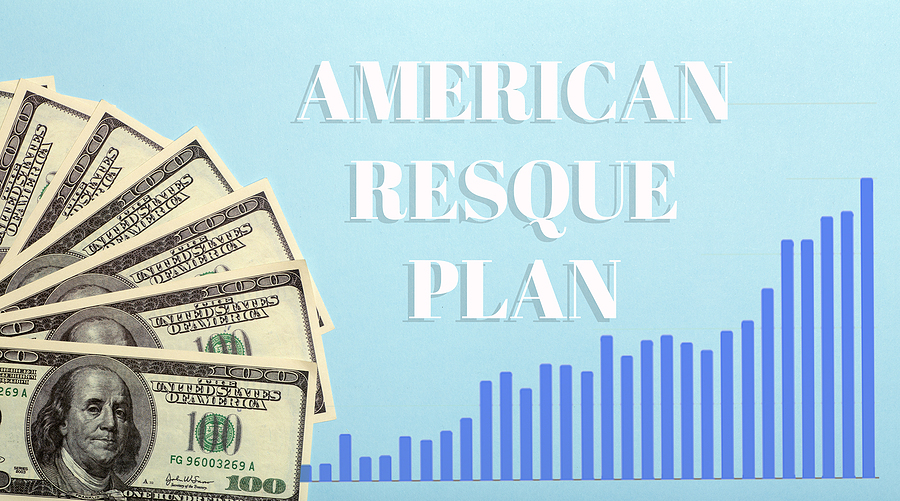 In 2020, the IRS levied over $31.4 billion in civil penalties against individuals and businesses. Many failed to pay their taxes in time, while others committed fraud or made mistakes on their returns.
In 2020, the IRS levied over $31.4 billion in civil penalties against individuals and businesses. Many failed to pay their taxes in time, while others committed fraud or made mistakes on their returns.
If you’ve ever fallen behind on your taxes or even a regular debt, then you know just how quickly those penalties and fees can add up. Even worse, those penalties can lead you straight into a debt cycle that feels impossible to climb out of.
The good news is that it is possible to erase those penalties through IRS penalty abatement. Are you interested in learning how to get the IRS to waive penalties and interest through IRS abatement? We’ve compiled everything you need to know about penalty abatement and whether you’re eligible right here.
How To Get the IRS to Waive Penalties and Interest
Are you currently dealing with significant IRS penalties or interest fees? If so, then know you’re far from alone! There are a whopping 150 different types of IRS penalties. You could get hit with these types of fines if you file your taxes too late, fail to file at all, forget to pay estimated taxes throughout the year, or fail to pay what you owe within a timely manner.
But will the IRS remove penalties and interest fees if you make a payment or settle your debts? The short answer is no: the IRS won’t remove penalties and interest fees from your account unless you specifically request relief from these penalties. In other words, you must pay interest and penalties unless you are approved for relief through the IRS.
So, how do you get the IRS to approve you for tax debt relief in the form of waived penalties and interest? You must apply for abatement, which means the IRS will remove the penalties against you. There are two main types of abatement—first time and reasonable cause. We’ll get into more detail about them below.
Keep in mind that the IRS will deny most initial first-time abatement and reasonable cause penalty abatement requests. This is because the agency rarely waives penalties and fees. To increase your chances of success, speak with a tax professional before applying for abatement.
What’s a Reasonable Cause Penalty Abatement?
What is a reasonable cause penalty abatement request, and how do you apply for one?
Taxpayers who can prove they’ve taken reasonable care to file, account for, and pay their taxes on time but have experienced unforeseen circumstances can apply for this type of relief. Keep in mind that the taxpayer must prove they had reasonable cause to not comply with the agency’s demands to file, account for income, or pay off tax debt. This unforeseen circumstance must also happen outside of the taxpayer’s control.
In other words, quitting your job or not receiving an IRS notice is not an excuse or reasonable cause.
To apply, you’ll need to fill out Form 843. State exactly what circumstance occurred that caused your failure to comply. You’ll also want to show how that circumstance impacted other areas of your life. For instance, if you became disabled after contracting COVID-19, then explain how it impacted your career. Describe how the symptoms of the disease prevented you from filing in time. If possible, provide proof of your claims.
First-Time Abatement and One-Time Abatement
Are you in pretty good standing with the IRS despite your recent mistake? If you’ve always remained diligent about filing and paying off your tax debt, then it’s possible the IRS might extend a first-time abatement or one-time abatement to you.
In other words, the IRS understands that we’re all human and we all make mistakes from time to time.
If your error was a one-time thing, then you could get approved for this type of relief. To be eligible for this type of abatement, you must have remained compliant with filing your taxes. You can’t have any outstanding requests for a return. In addition, you must have paid or made arrangements to pay all your outstanding tax debts. Finally, you can’t have a history of getting penalized by the IRS within the past three years.
To apply for this type of relief, you’ll want to first speak with a tax professional. From there, you can call the IRS and make a verbal request for a one-time or first-time abatement. The IRS agent will pull up the taxpayer’s files and make a determination if that person is eligible. If so, then the taxpayer will receive a notice in the mail about whether the penalties were removed or not.
Statutory Exception
Are you completely baffled as to why a penalty or interest fee was levied against you? Have you always remained compliant with tax laws? If so, then there’s a chance you received incorrect information from the IRS.
If the agency issued a penalty against you as a result of an error, then you should be eligible for a statutory exception. This will refund you and award you with penalty relief. To apply, you’ll need to fill out Form 843.
Everything You Need to Know About IRS Penalty Abatement
IRS penalty abatement is a great way to help taxpayers find relief from penalties accumulating against them. Keep in mind that not everyone is eligible to qualify for this type of tax debt relief. On top of that, only certain penalties are eligible to get cleared away.
Are you interested in seeing if you qualify for relief in the form of first-time penalty abatement? Do you want to learn more about other tax debt relief options? If so, then it’s advised that you reach out to our tax professionals with your questions and concerns.
Leave your tax worries behind with expert guidance from a team that has 30 years of experience working with the IRS. Contact us today!



 Recovery Rebate Credit on the 2020 Tax Return
Recovery Rebate Credit on the 2020 Tax Return


